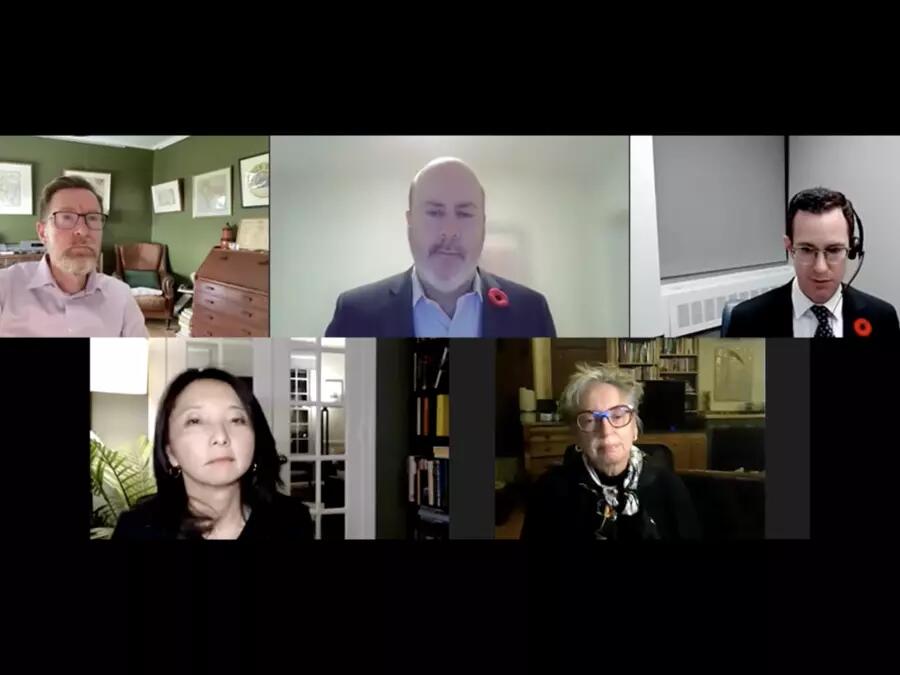
Event Report: An Indo-Pacific Update: Expert Perspectives from Australia, the USA, and Canada Event Report
On November 7th from 5:30 to 7:00 PM EST the webinar, “An Indo-Pacific Update: Expert Perspectives from Australia, the USA and Canada,” was hosted by the Centre for the Global Study of Japan featuring an exciting array of panelists to discuss the future of the Indo-Pacific region. The webinar was moderated by Deanna Horton, a distinguished fellow at the Munk School of Global Affairs and Public Policy and the Asia-Pacific Institute of Canada.
The webinar began with Professor Rory Medcalf, head of the National Security College at the Crawford School of Public Policy, whose book, Indo-Pacific Empire: China, America and the Contest for the World’s Pivotal Region inspired the creation of the webinar. Professor Medcalf began by highlighting some of the key themes of the region, pointing out that the Indo-Pacific is a way to frame the interactions of states beyond the geographic space of the Asia-Pacific. Professor Medcalf also emphasized the importance of the Indo-Pacific in setting the scene and becoming a framework for managing strategic competition. One example of strategic competition pointed out by Professor Medcalf is the competition between the United States and China, particularly with the US challenging Chinese dominance of the region.
The next speaker was Shihoko Goto, the director of the Asia Program and director of geoeconomics and the Indo-Pacific at the Wilson Center. Goto focused primarily on US engagement in the region, highlighting different policy responses to China and the importance of stable supply chains for cooperation. Goto argued that Japan is one country that hopes for continued US involvement in the region as they face systematic economic coercion by China. However, Goto also pointed out that there have also been greater partnerships forming in the Indo-Pacific without the United States with coordination of nations based on the fear of China weaponizing their economic dominance.
The final speaker was Trevor Kennedy, Vice President, Trade and international Policy at the Business Council of Canada. Kennedy stressed the importance of Canadian engagement in the region with activities such as trade missions as a means to increase involvement. Kennedy went on to provide two examples of the importance of Canada in the Indo-Pacific: Canada as a source of LNG and potash and Canada’s role in energy transitions for Indo-Pacific countries like Korea and Japan to reach their climate goals. Due to growing Canadian relations to the region, Kennedy ended optimistically for the upcoming year with hopes for further opportunities in the Indo-Pacific.
Following the panel, there was a question-and-answer period with questions provided by Deanna Horton and Jeff Nankivell, President and CEO of the Asia-Pacific Foundation of Canada. Questions included ideas surrounding changes in behavior from nations in the Indo-Pacific region, the future of India as a major power in the region, and the how strategy may shift in the region with upcoming major elections in 2024.
We would like to thank the panel for their incredible insight, as well as the attendance of the virtual audience. The recording of the panel can be viewed here.

